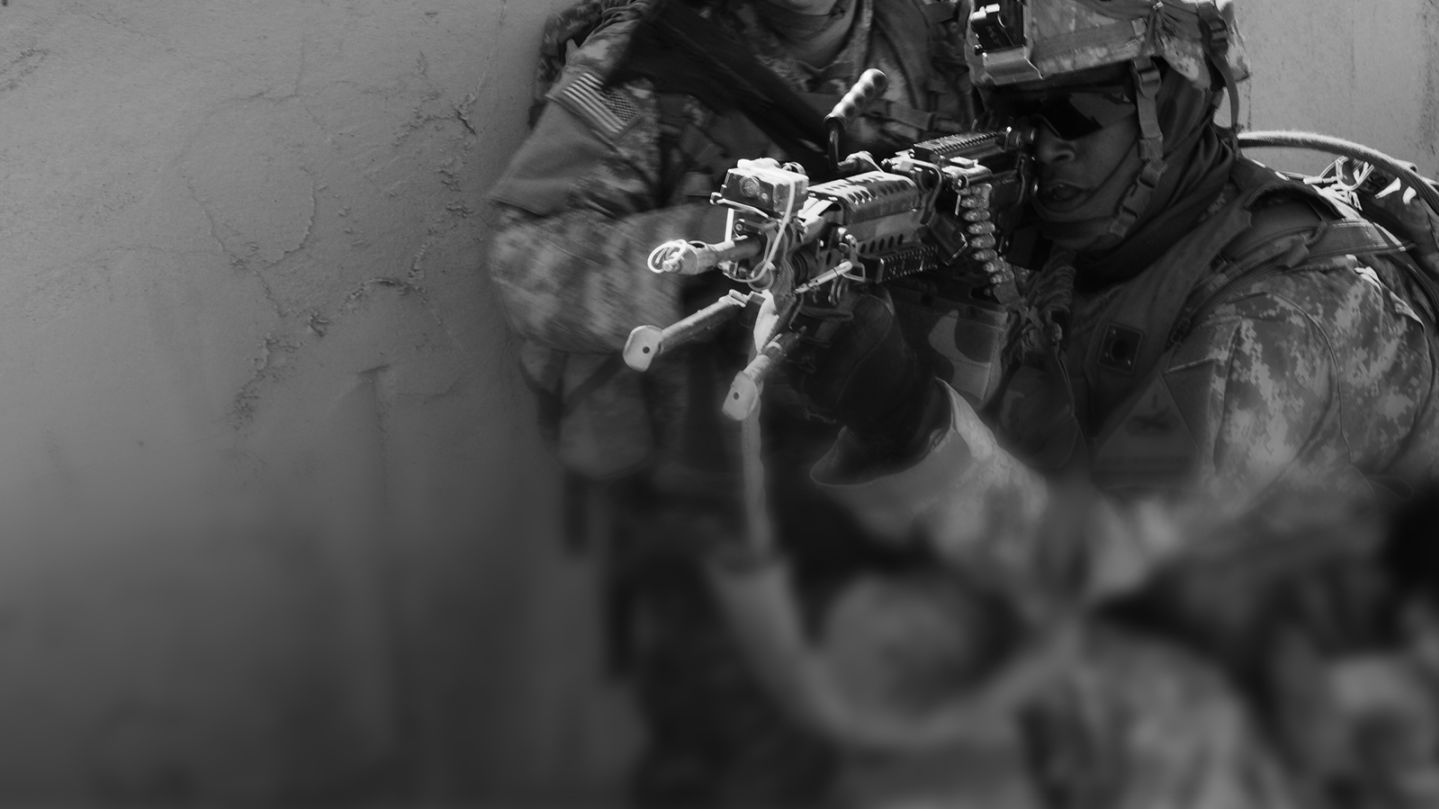The top US general said he is “not using the ‘withdraw’ word right now” in regards to Afghanistan, as US and Taliban negotiators reportedly near a deal that could soon lead to the withdrawal of American troops.
Gen. Joseph Dunford, chairman of the Joint Chiefs of Staff, said any agreement with the Taliban must ensure that Afghanistan does not become a “sanctuary” for extremists. “I think it’s premature, I’m not using the ‘withdraw’ word right now,” Dunford said Wednesday. “We’re going to make sure our, that Afghanistan’s not a sanctuary.”
Dunford spoke alongside Defense Secretary Mark Esper in a wide-ranging press conference that touched on Iran, North Korea and concerns about the politicization of the military. The event marked the first time in a year that the defense secretary and chairman had briefed the press and taken questions.
‘So far, so good’
Asked about Iran, Esper said he was “not ready” to say escalating tensions in the Persian Gulf had stabilized, but said the situation is “so far, so good,” adding that the US hopes the Iranians will agree to meet to resolve tensions.
Esper also said that while he is “concerned” about North Korea’s recent spate of short range ballistic missile tests, the United States is not going to “overreact” and remains focused on diplomacy.
Dunford, who served as the commander of international forces in Afghanistan in 2013 and 2014, reiterated that any agreement with the Taliban and drawdown will be “conditions based,” adding that President Donald Trump – who campaigned on the promise to pull US troops out of the country – has been clear on that.
“It’s important to emphasize this, any agreement that we have moving forward, the President’s been very clear, is going to be conditions-based,” Dunford said. “So those conditions are what make me confident that it’s worth trying.”
The chairman also stressed that Afghan forces currently need some support from the US, given the current environment. The Taliban now controls more territory than it did in 2001, when the US invaded after the group had given sanctuary to Osama bin Laden, the mastermind behind the September 11, 20011, attacks.
The US now has about 15,000 troops in Afghanistan, alongside NATO troops, helping to train and advise Afghan troops and conducting counterterrorism operations. The peace plan is expected to formalize a significant withdrawal of US forces, down to about 8,000 or 9,000 troops, after nearly 20 years of war.
“When I think about Afghanistan, I think about two things,”” Dunford said. “Number one is, we don’t want Afghanistan to be a sanctuary from which the homeland can be threatened, the American people and our allies can be threatened.”
The second thing, Dunford said, is that the “we want peace and stability in Afghanistan. For the Afghan people. I think any of us that have served there have long known that what’s going to be required is a negotiated peace settlement, inter-Afghan dialogue leading to that peace settlement.”
“I don’t think about it as we’re going to withdraw,” he said.
Esper said he was “not ready” to call the situation surrounding Iran as being stabilized, but described the situation as “so far, so good.”
‘Help us resolve these issues’
The defense secretary said the US-led maritime effort to patrol the waters around Iran after seizures of international vessels was meant to keep the situation stabilized.
“We are not seeking conflict with Iran,” Esper said. “We want to engage with them diplomatically. You saw over the weekend some reporting the President said once again he is more than willing to meet with Iran’s leaders, resolve this diplomatically.”
He added that the purpose of the maritime security mission, Operation Sentinel, is “to avoid a situation that would get us off of that track and on to a different one, so to the degree it has been successful, that’s good, but I’m not sure I’m ready to call the crisis over yet. But so far, so good, and we hope the trend lines continue that way and we hope the parties, the Iranians, would agree to meet and talk and help us resolve these issues.”








